Do Cashews Contain Fiber? How Much Fiber Is In Cashews?
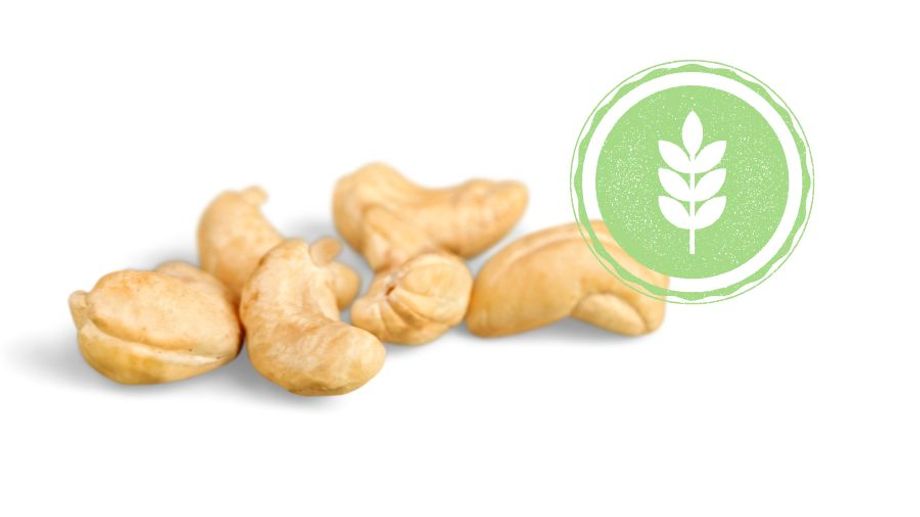
Mục lục
Cashews are nutritious nuts that contain many types of nutrients that are good for the body. So do cashews provide fiber? Let's find out if cashews contain fiber. If so, how much fiber will it contain? What is the role of fiber in the human body? How to combine cashews with other foods to increase palatability and provide the right amount of fiber for the body, supporting the digestive process.
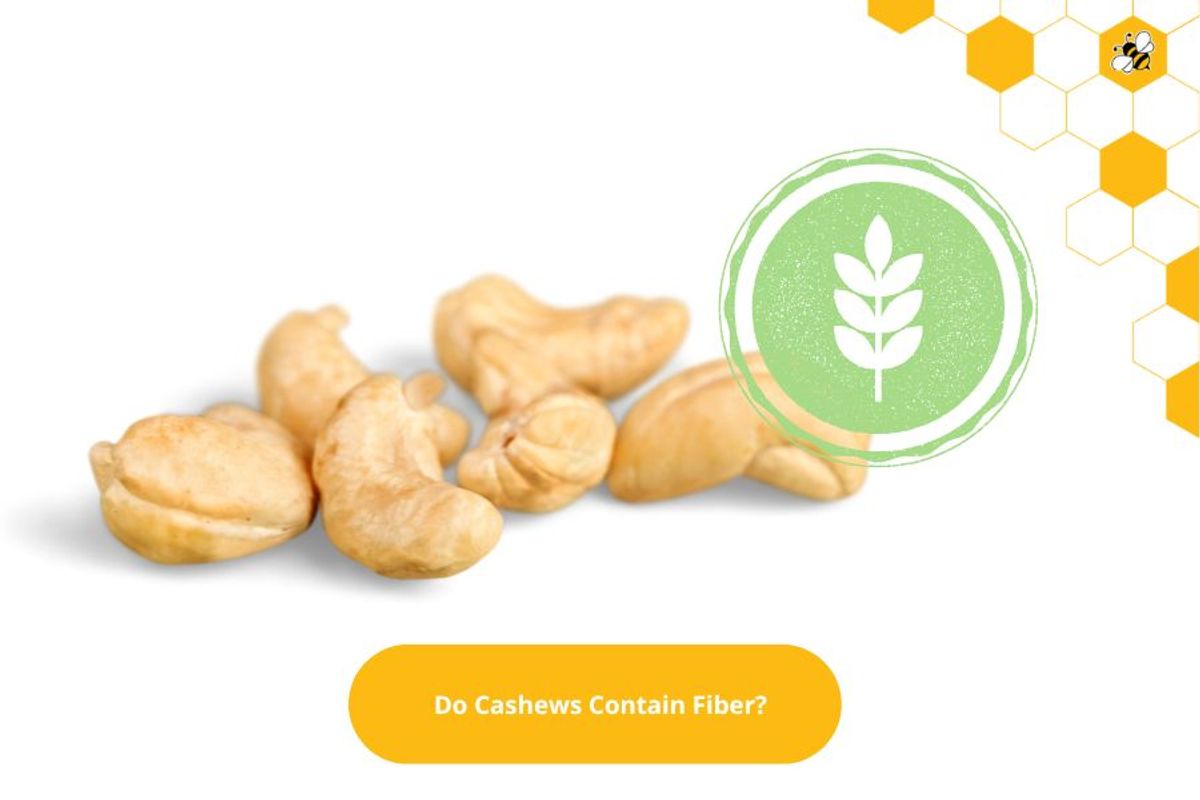
Do Cashews Contain Fiber? How Much Fiber Are in Cashews
Cashews do contain some fiber, although they are not the richest source of fiber. According to the USDA National Nutrient Database, 1 ounce of whole cashews contains:
Calories: 157 calories
Carbohydrates: 9.2 grams
Protein: 5.1 grams
Fat: 12.4 grams
Fiber: 1 gram.
Although cashews are low in fiber, fiber is still important for maintaining a healthy digestive system and preventing colon cancer. Consider pairing cashews with other high-fiber foods to ensure you get enough fiber. Cashews also contain a variety of other vitamins and minerals, which help support heart health and many other bodily functions.
Calories: 157 calories
Carbohydrates: 9.2 grams
Protein: 5.1 grams
Fat: 12.4 grams
Fiber: 1 gram.
Although cashews are low in fiber, fiber is still important for maintaining a healthy digestive system and preventing colon cancer. Consider pairing cashews with other high-fiber foods to ensure you get enough fiber. Cashews also contain a variety of other vitamins and minerals, which help support heart health and many other bodily functions.
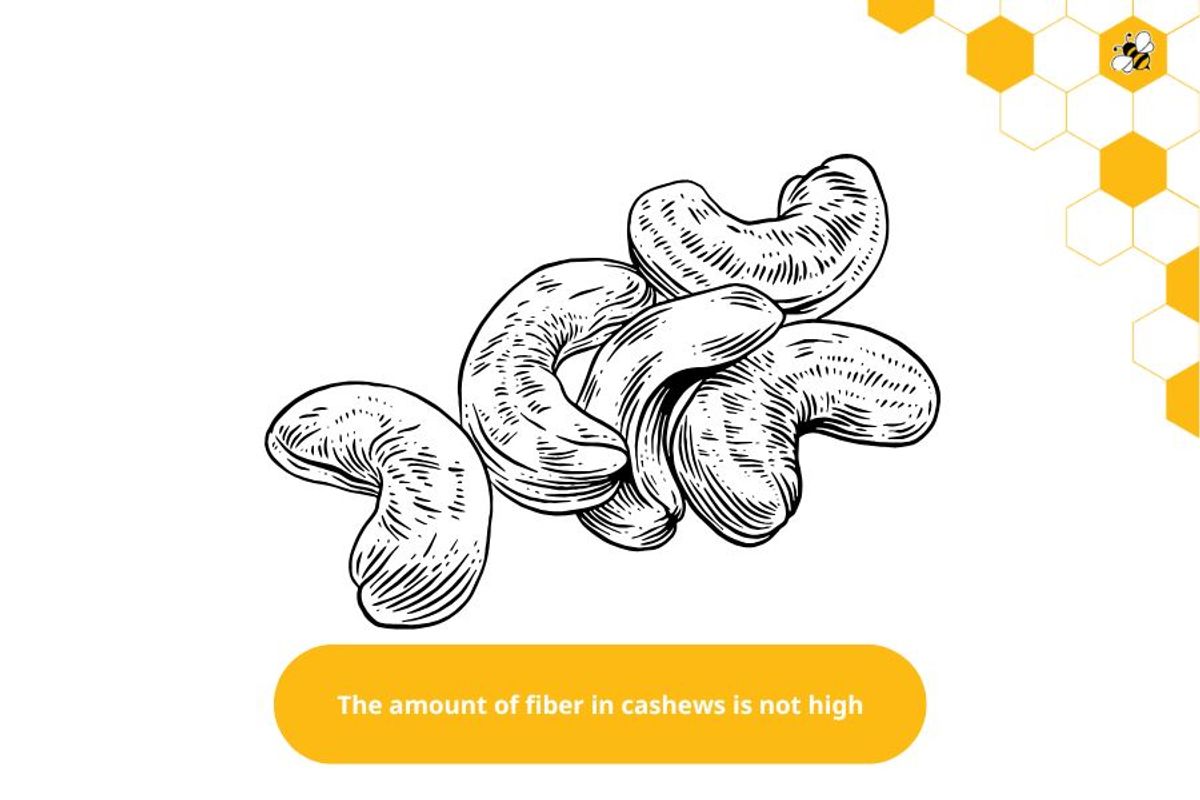
What is fiber?
Fiber is a substance found in plants, grains, fruits, and nuts. The body cannot digest fiber, so it passes through the intestines quickly. There are two main types of fiber:
Soluble fiber: This is a substance that can dissolve in liquid to enter the intestines as a gel. Soluble fiber often plays an important role in maintaining the digestive system and overall health.
Soluble fiber: This is a substance that can dissolve in liquid to enter the intestines as a gel. Soluble fiber often plays an important role in maintaining the digestive system and overall health.
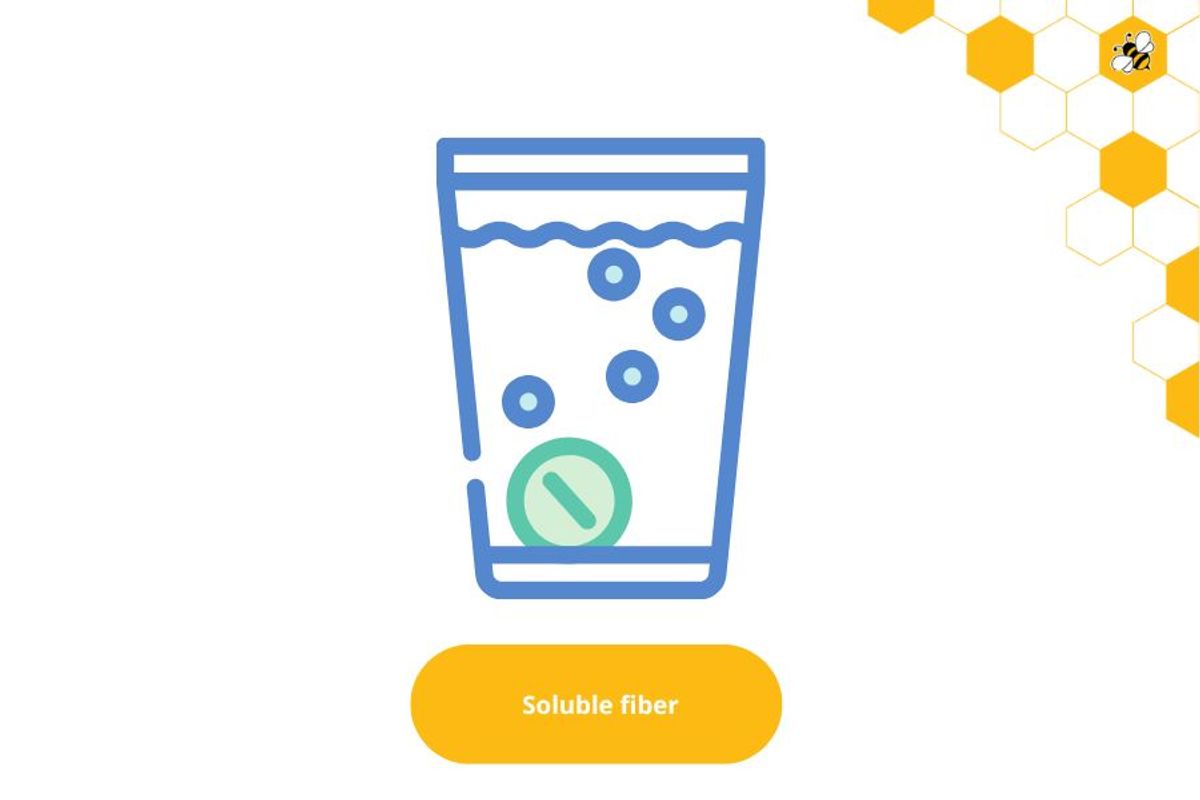
Insoluble fiber: Does not dissolve in water and is commonly found in fruit peels, grains, and legumes. Insoluble fiber helps bulk up stools, stimulates intestinal contractions, and fights constipation.
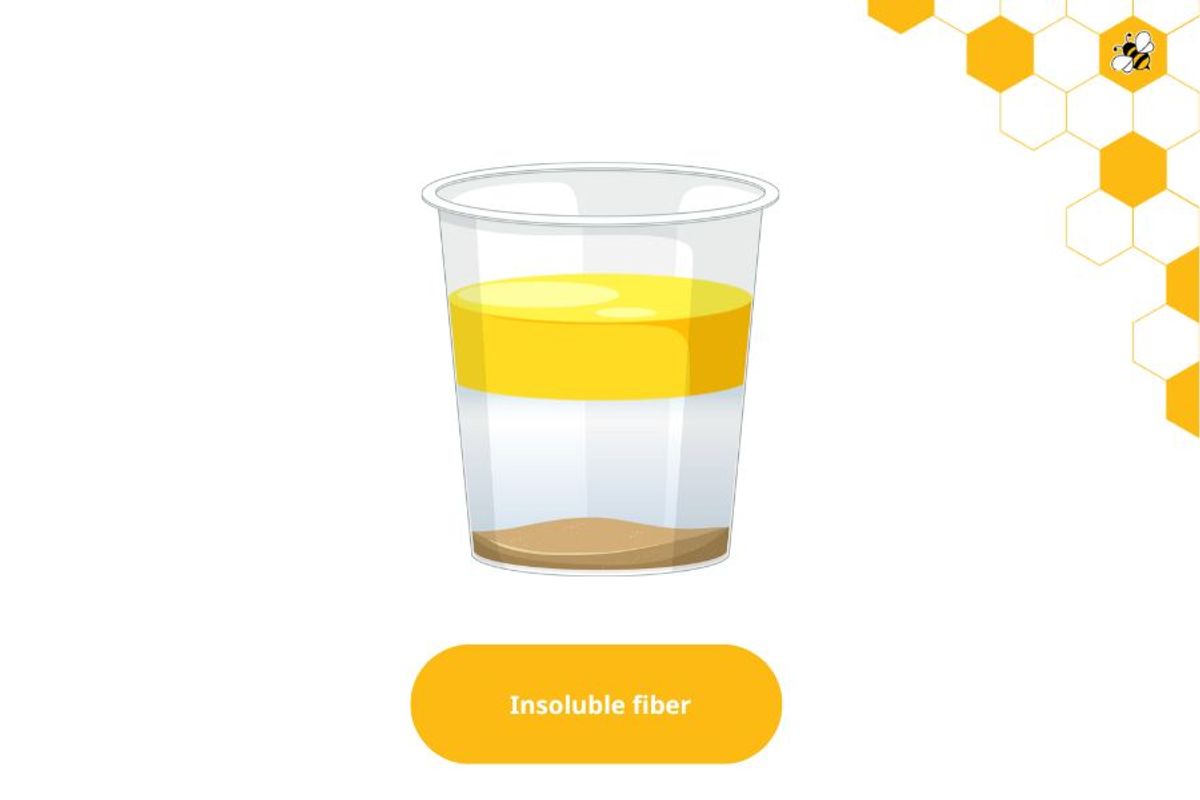
Fiber has many health benefits, including helping to prevent constipation, supporting weight loss, and protecting the heart. Most foods rich in fiber are also rich in vitamins and other nutrients, so adding fiber to your daily diet is very good for your health.
Effects of fiber on the body
Fiber (also known as fiber) is an important component of the diet, derived from plant foods, and cannot be digested by the body. Here are some of the effects of fiber on health:
Supports the digestive process: Fiber cannot be completely digested by the body, but it helps food move through the digestive system more easily, creating large and soft stools, helping to regulate bowel movements, and helping to prevent constipation.
Supports the digestive process: Fiber cannot be completely digested by the body, but it helps food move through the digestive system more easily, creating large and soft stools, helping to regulate bowel movements, and helping to prevent constipation.

Prevent colon cancer and hemorrhoids: Fiber helps maintain colon health and reduces the risk of colon cancer. A diet rich in fiber can reduce the risk of these diseases.

Reduce blood cholesterol levels: Soluble fiber helps reduce blood cholesterol and is also food for beneficial bacteria in the intestines, helping to eliminate fat from the body.
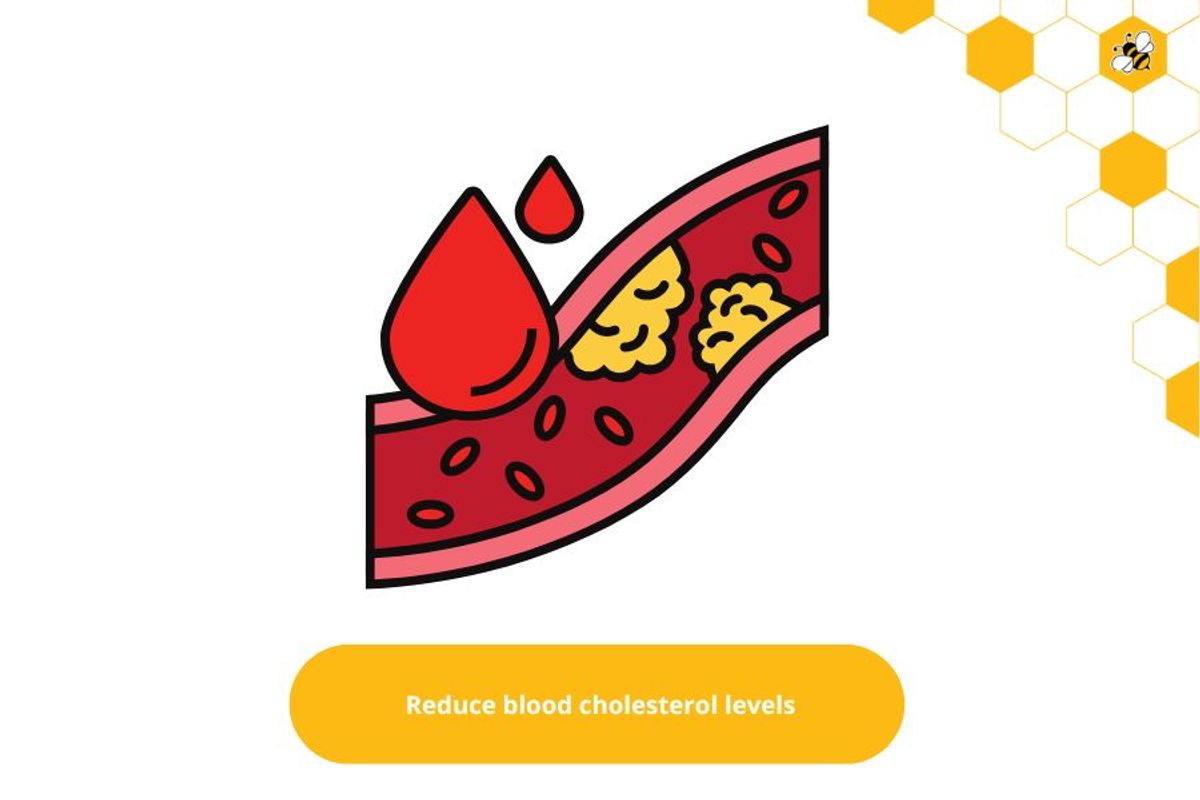
Blood sugar control: Insoluble fiber helps limit the sudden increase in blood sugar after eating, which is especially important for diabetic patients.

Anti-cancer (breast cancer): Fiber plays a role in retaining water in food during movement, helping to prevent the absorption of toxins in food and has cancer prevention effects.

Weight control: Fiber helps you feel full longer and prolongs digestion time, helping you eat less and maintain a stable weight. Helps prevent the risk of overweight and obesity.

Reduce the risk of cardiovascular disease: Fiber helps reduce bad cholesterol (LDL) in the blood and increase good cholesterol (HDL), helping to protect the heart.

Immune system support: Fiber helps boost the immune system and reduce inflammation.

Reduce the risk of urinary tract diseases: Fiber helps prevent urinary tract infections and recurrence.
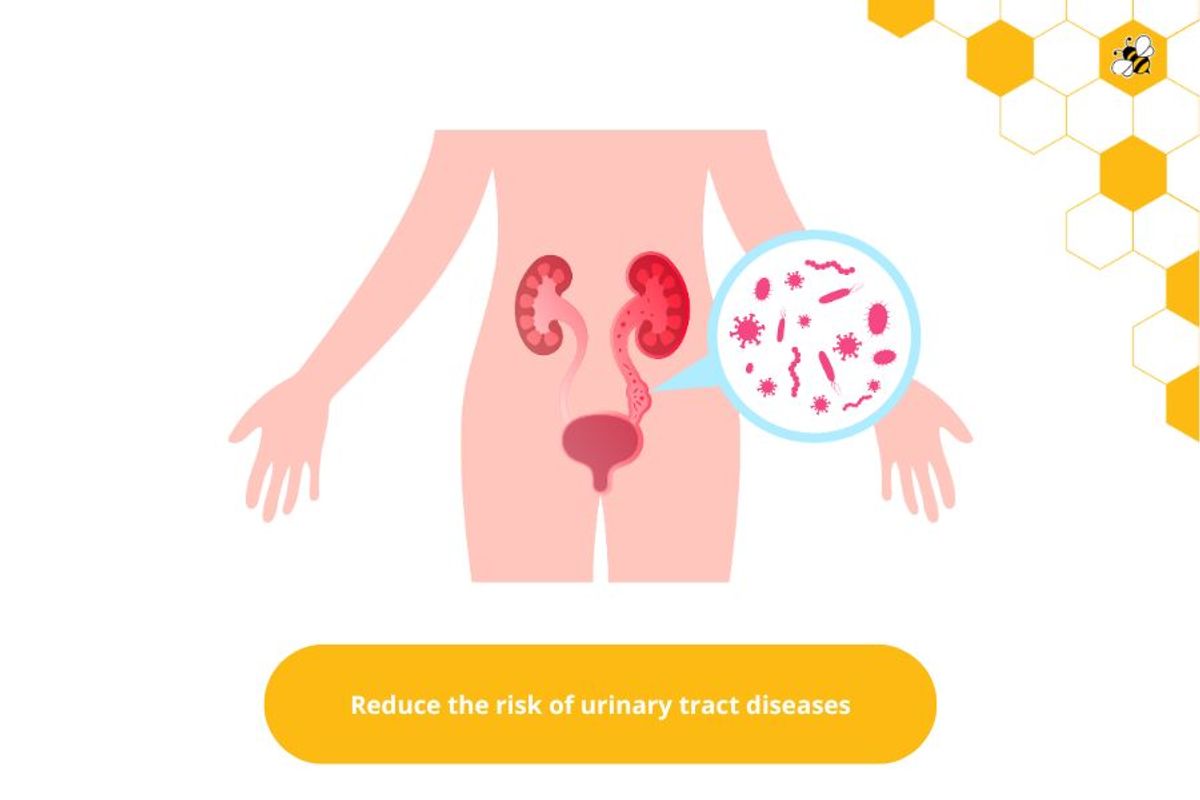
To get enough fiber, you should incorporate a variety of fiber-rich foods such as vegetables, nuts, whole grains, and fruits into your daily diet. Remember to drink enough water when consuming fiber to help push fiber through the intestines easily!
How to eat cashews with your meals to add the right amount of fiber
Fiber is an important element in the diet, helping to support the digestive system, and has many health benefits. Cashews are not only a rich source of fat and protein but also contain a certain amount of fiber. Combining cashews with other fiber-rich foods can help you add the right amount of fiber to your body. Here are some dishes that combine cashews to add the right amount of fiber:
Cashews and fruits: Combine cashews with fiber-rich fruits such as pears, apples, or raspberries. Add cashews to an attractive fruit bowl to increase fiber intake.
Cashews and Vegetables: Add cashews to a salad with vegetables like carrots, broccoli, or beets. This salad is not only high in fiber but also provides many other nutrients.
Cashews and Yogurt: Combine cashews with fiber-rich yogurt. You can add cashews to yogurt or make a cashew and yogurt parfait.
Cashews and Desserts: Add cashews to desserts like cookies, cakes, or ice cream to boost fiber and add flavor.
Chicken Breast Salad with Cashews: Combine greens, chicken breast, and cashews for a nutritious, fiber-rich meal.
Brown Rice with Beef and Cashews: Brown rice and beef provide protein, while cashews add fiber and heart-healthy fats.
Pan-Fried Salmon with Cashews: Salmon is rich in omega-3s and cashews are high in fiber, making this a heart-healthy and digestive-friendly meal.
Oatmeal with Cashews: Oats are a good source of fiber, and cashews add flavor and fat.
Cashews and fruits: Combine cashews with fiber-rich fruits such as pears, apples, or raspberries. Add cashews to an attractive fruit bowl to increase fiber intake.
Cashews and Vegetables: Add cashews to a salad with vegetables like carrots, broccoli, or beets. This salad is not only high in fiber but also provides many other nutrients.
Cashews and Yogurt: Combine cashews with fiber-rich yogurt. You can add cashews to yogurt or make a cashew and yogurt parfait.
Cashews and Desserts: Add cashews to desserts like cookies, cakes, or ice cream to boost fiber and add flavor.
Chicken Breast Salad with Cashews: Combine greens, chicken breast, and cashews for a nutritious, fiber-rich meal.
Brown Rice with Beef and Cashews: Brown rice and beef provide protein, while cashews add fiber and heart-healthy fats.
Pan-Fried Salmon with Cashews: Salmon is rich in omega-3s and cashews are high in fiber, making this a heart-healthy and digestive-friendly meal.
Oatmeal with Cashews: Oats are a good source of fiber, and cashews add flavor and fat.
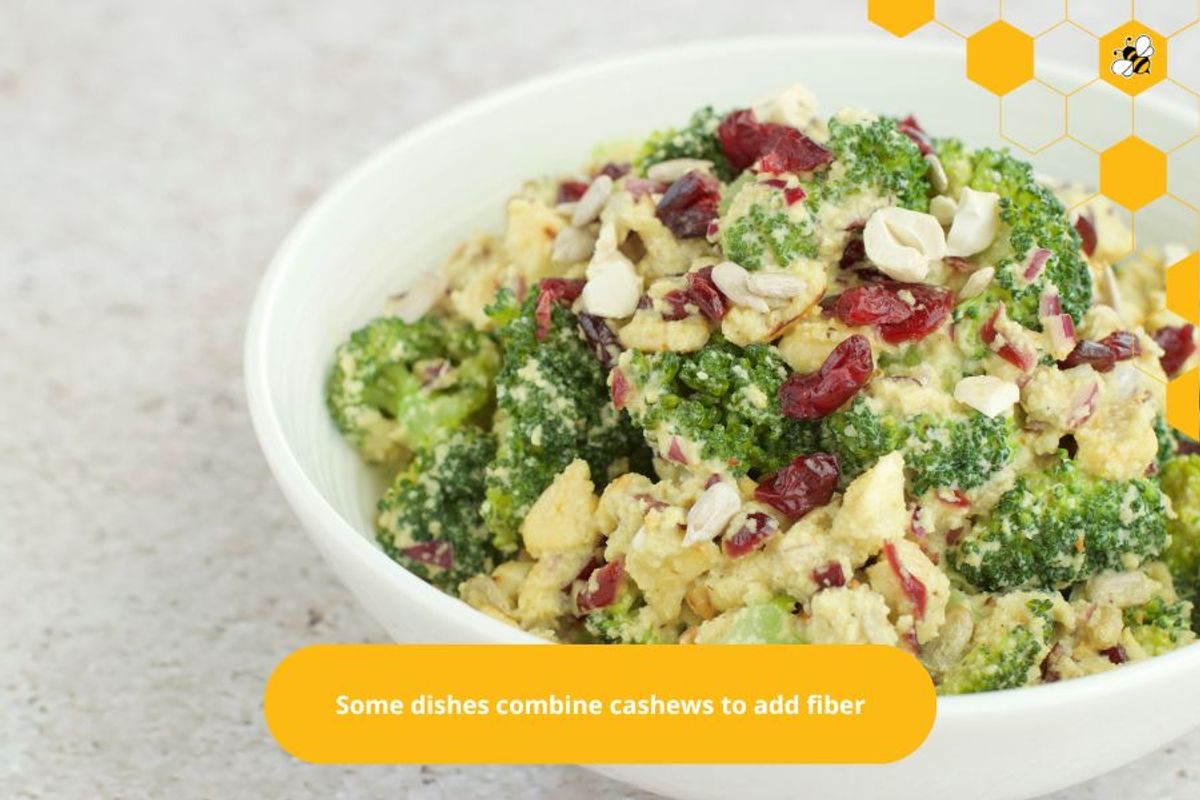
Summary
The fiber in cashews plays an important role in maintaining health and nutritional balance. Although the fiber content in cashews is not high, it still contributes an important part of our diet. “The beautiful golden cashews are not only delicious but also contain fiber that is beneficial to human health. Fiber helps maintain a healthy digestive system, control weight, and reduce the risk of cardiovascular diseases. So add cashews to your daily diet to enjoy the benefits of fiber and feel their unique flavor!”